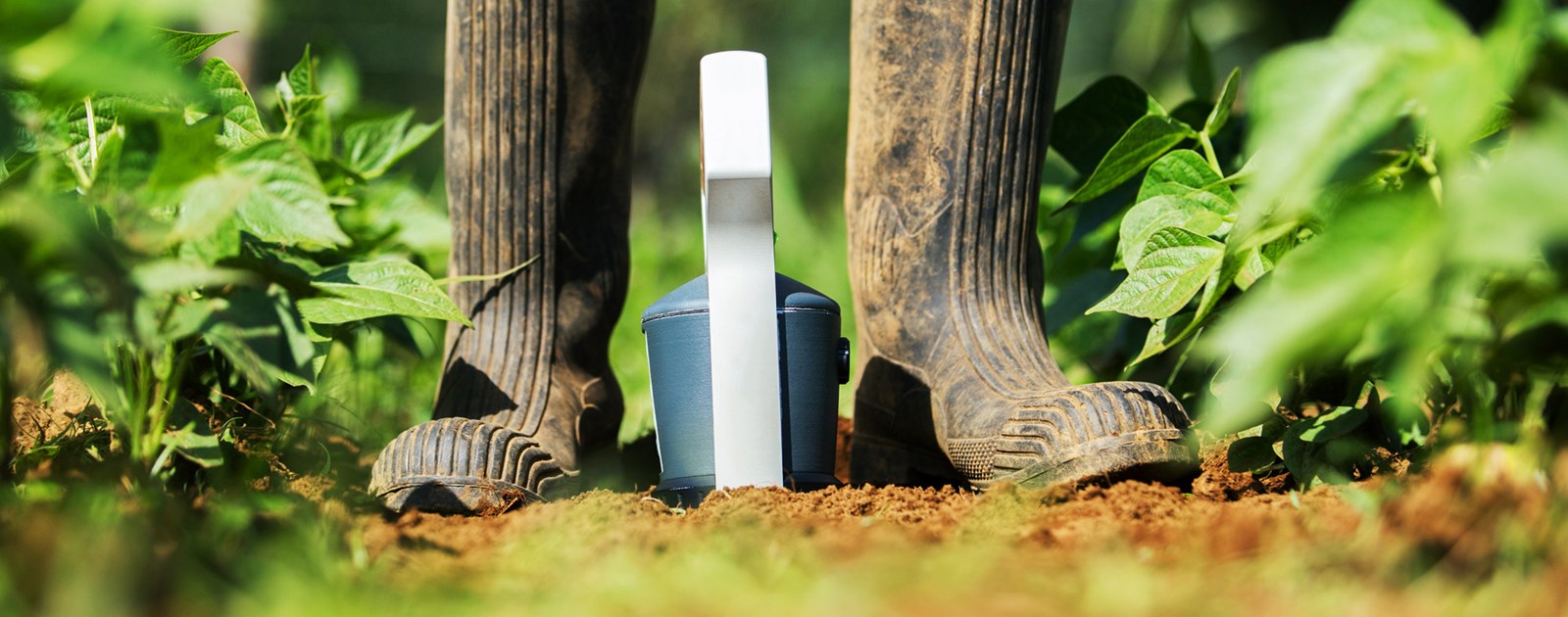advertisement
World Food Bank’s soil testing technology enhancing Uganda’s agricultural value chain
The World Food Bank (WFB) brings soil testing technology to Uganda. Recently, the World Food Bank and AgroCares created a…

The World Food Bank (WFB) brings soil testing technology to Uganda. Recently, the World Food Bank and AgroCares created a strategic relationship, to help smallholder farmers with their fertilizer decisions.
The soil scanner technological innovations in IT, sensor technology and machine learning have opened the possibility to use Near InfraRed (NIR) sensors for on-the-spot, real-time and affordable soil tests within 15 minutes using a Bluetooth connection between the NIR sensor and a software application on a smartphone for data interpretation. Hence, within 15 minutes the farmer receives a bespoke fertilizer recommendation for his soil and specific crop selection.
According to AgroCares Chief Agronomist, Christy Van Beek, “Uganda, like most countries in sub-Saharan Africa, is facing an escalating soil fertility crisis and without immediate interventions, the country will continue to lose nutrients and thereby threaten its resource base.

To halt and reverse the trend of continuous depletion of the farmers’ most precious resource, current farming practices need to be revisited. Increasing productivity whilst experiencing decreasing soil fertility requires more sophisticated soil management and increased discipline around analysis and fertilizer application.
advertisement
At present, farmers are refrained from on-site information and base their fertilizer selection on intuition, on tacit knowledge and advice from local agrodealers, without knowing the actual nutrient status of their soils.
This results in a mismatch between applied nutrients and required nutrients for productive soils. More so, applying non-limiting nutrients result in economic losses and environmental degradation.”
This innovation was first released in Kenya in 2017 by SoilCares, part of AgroCares and by now (March 2019) more than 50 organizations worldwide offer soil testing services using this technology, with considerable yield increases.
advertisement
Good soil management is the basis for increased production. Farmers who test their soil and adjust their soil management accordingly build the fundament for production increase. Indeed, recent evidence shows 25%-200% yield increases due to improved soil management.
Christy adds, “this problem can be overcome when farmers can base their fertilizer selection on real-time information of the nutrient status of their soils. However, in Uganda as in many parts of the world, farmers hardly have access to reliable and specific soil information. Conventional soil test laboratories can’t give real-time information and are costly.
Soil samples need to be collected, typically transported by bus to the laboratory with associated mix-ups and losses and analyzed with reports mailed back to the farmer days or weeks later; a slow, expensive method, with results that are often difficult to interpret by farmers.”
advertisement
Feedback from WFB farmers is consistently positive. One commented “WFB’s agronomist came to my farm and in a short time, performed a test and showed me the report. It told me my soil has good nutrients, but I need lime to reduce the PH. He explained how to apply this and how to plant my seed. I felt they were efficient, professional and helped me increase my income.” Thanks, World Food Bank.”